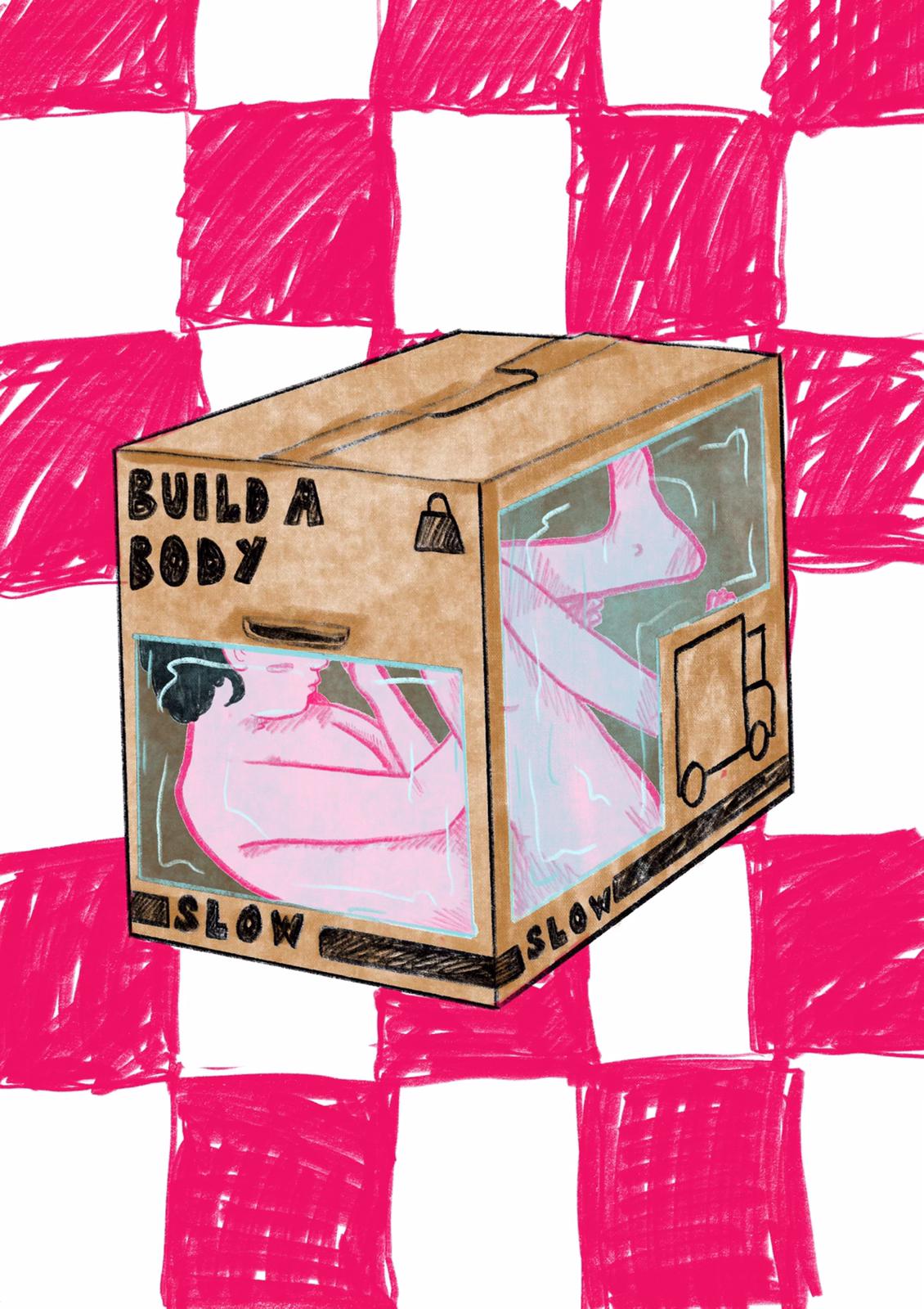I was completely unprepared to deal with my postpartum body after having my baby. Hopefully the text I have written illustrates this feeling of loneliness, isolation and vulnerability and my ability to start moving beyond this. Thus as part of this project I have compiled some relevant resources which I have found useful when seeking help, reassurance and support.

Physical rehabilitation
Services
Ask your GP for a postnatal 6 week check to examine your vaginal walls, check for prolapses and discuss any issues you may have. Findings from this can help the GP to refer you onto further specialist advice such as a Physio / Physical Therapist.
Birthrights champions respectful care during pregnancy and childbirth by protecting human rights. We provide advice and information on your legal rights, train doctors and midwives, and campaign to change maternity policy and systems.
Apps
NHS Squeezy - good reminder app for pelvic floor training, comes with a countdown clock and exercise log / bladder diary as well as a super useful directory of private womens physios (should you be able to afford to pay for this service).
Articles
‘The Big Squeeze; welcome to the pelvic floor revolution’ by Emine Saner
Podcasts
Why Mums Don’t Jump - podcast created by the brilliant Helen Ledwick discussing postpartum prolapse issues. You can also find a useful pelvic floor resource page on her website.
Social media accounts
Ashley James (DJ and Presenter) recently gave birth to her son Alfie and as such has posted a host of supportive and insightful postpartum content via her grid and a useful / humanising postpartum care section via her highlights.
Mental health support
Services
Parents with babies / children under two are prioritised by NHS IAPT (Improving Access to Psychological Therapies).
Articles
'I lie to my health visitor. I lie to myself': the truth about postnatal depression’ good article about postnatal depression by Emma Jane Unsworth
Podcasts
Zombiemum - podcast created by the lovely Laura Dockrill discussing and raising awareness for postpartum psychosis.
Services
Ask your GP for a postnatal 6 week check to examine your vaginal walls, check for prolapses and discuss any issues you may have. Findings from this can help the GP to refer you onto further specialist advice such as a Physio / Physical Therapist.
Birthrights champions respectful care during pregnancy and childbirth by protecting human rights. We provide advice and information on your legal rights, train doctors and midwives, and campaign to change maternity policy and systems.
Apps
NHS Squeezy - good reminder app for pelvic floor training, comes with a countdown clock and exercise log / bladder diary as well as a super useful directory of private womens physios (should you be able to afford to pay for this service).
Articles
‘The Big Squeeze; welcome to the pelvic floor revolution’ by Emine Saner
Podcasts
Why Mums Don’t Jump - podcast created by the brilliant Helen Ledwick discussing postpartum prolapse issues. You can also find a useful pelvic floor resource page on her website.
Social media accounts
Ashley James (DJ and Presenter) recently gave birth to her son Alfie and as such has posted a host of supportive and insightful postpartum content via her grid and a useful / humanising postpartum care section via her highlights.
Mental health support
Services
Parents with babies / children under two are prioritised by NHS IAPT (Improving Access to Psychological Therapies).
Articles
'I lie to my health visitor. I lie to myself': the truth about postnatal depression’ good article about postnatal depression by Emma Jane Unsworth
Podcasts
Zombiemum - podcast created by the lovely Laura Dockrill discussing and raising awareness for postpartum psychosis.
